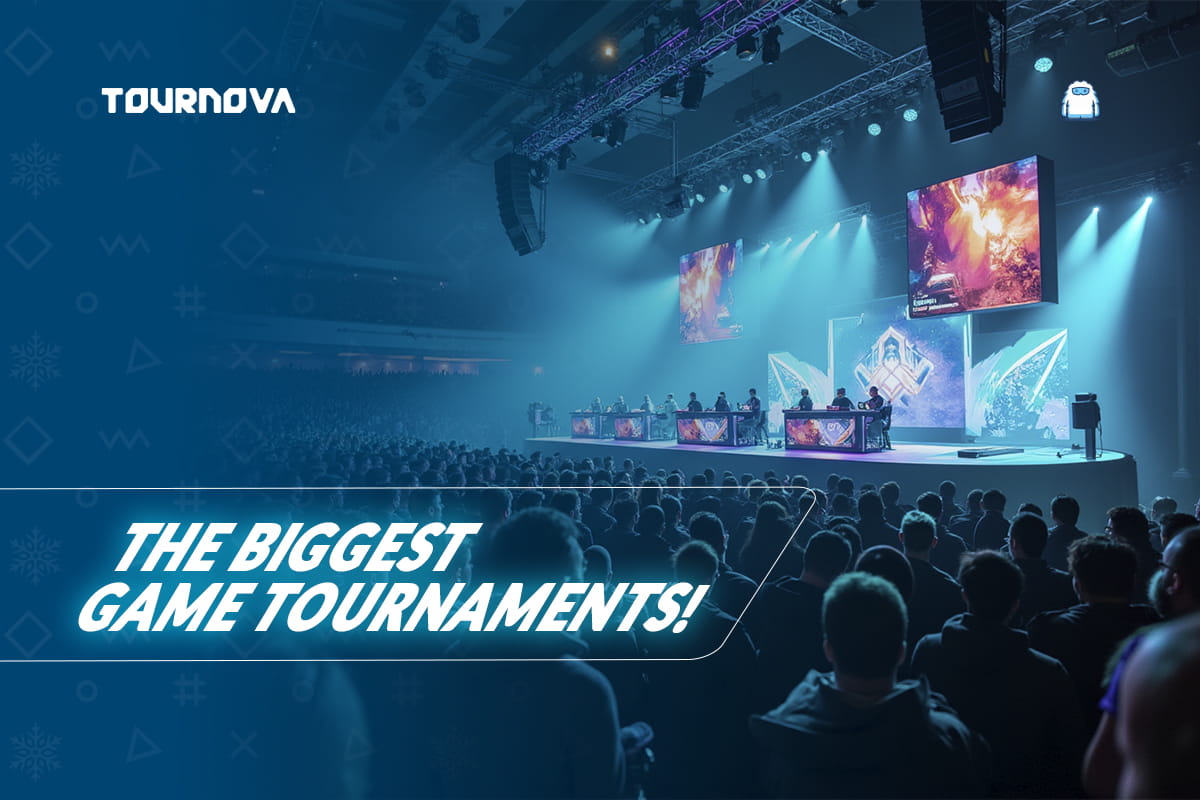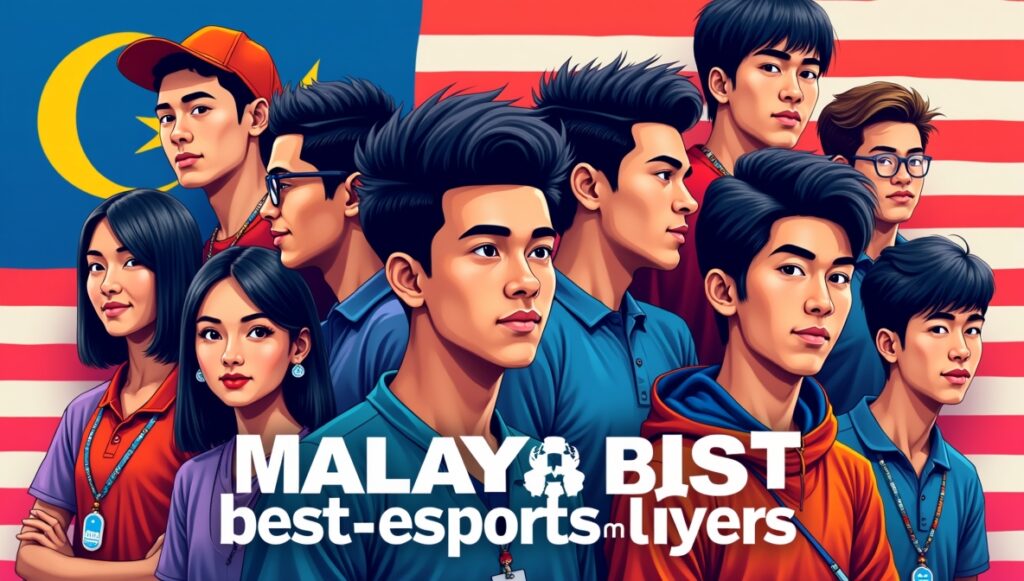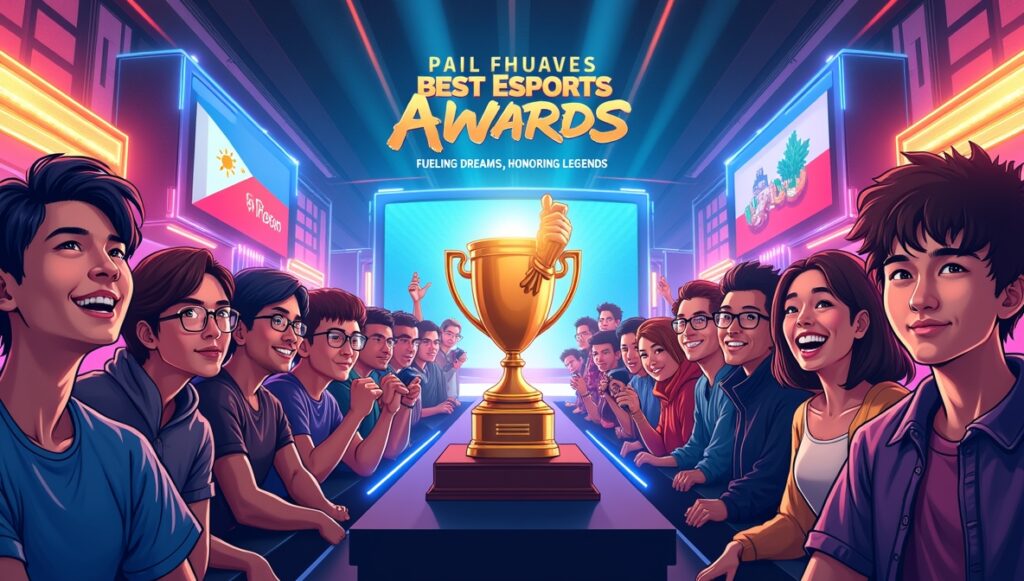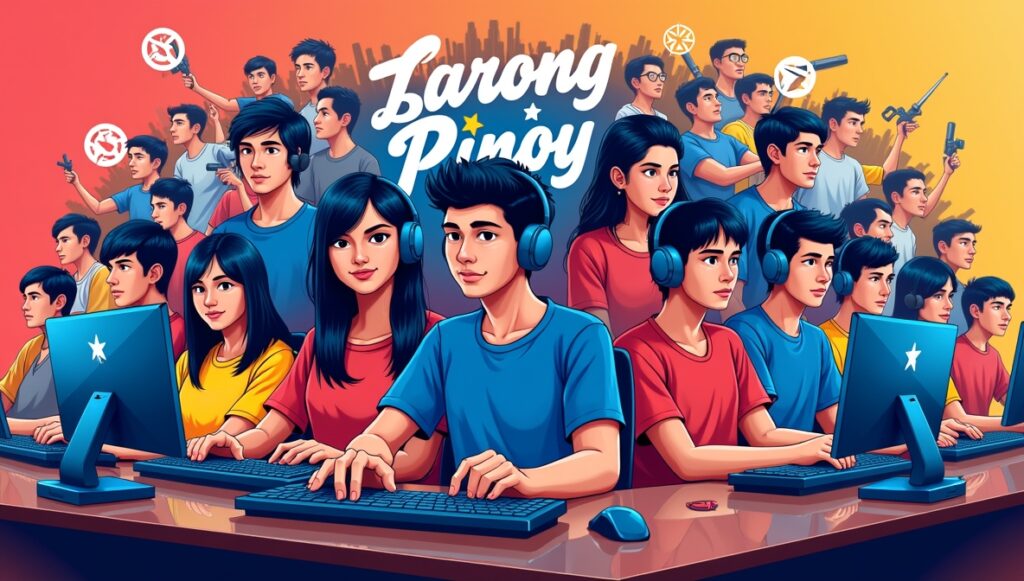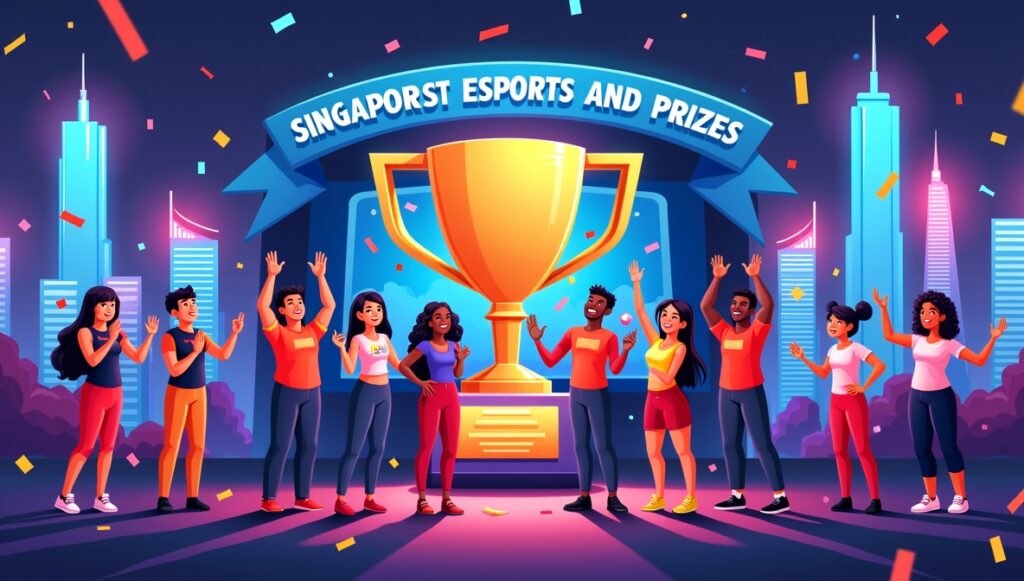Imagine this: you’re sitting on the edge of your seat, watching players battle it out in the game you love the most. The crowd is roaring, whether it’s the virtual energy from Twitch chat or the thunderous cheers of fans packed into a stadium. Players make clutch plays, flipping matches in seconds, and you can feel the adrenaline in your chest, even though you’re not the one competing. Gaming tournaments have truly redefined what it means to be a fan or a competitor. These aren’t just “video game contests” anymore; they’re cultural events, complete with epic storytelling, jaw-dropping prize pools, and millions of viewers worldwide. But what are the biggest game tournaments out there? Who gets the spotlight, and why are they so legendary? Let’s break it all down, step by step, and dive into the tournaments that have turned gaming into a global phenomenon.
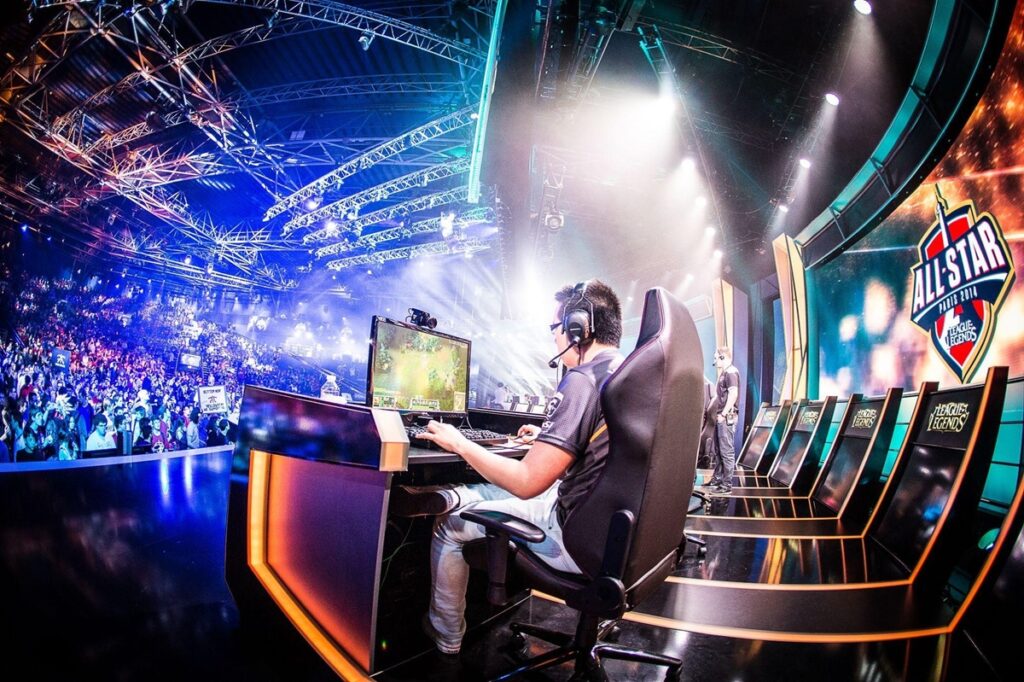
Biggest Game Tournaments: The Evolution of Competitive Gaming
Gaming tournaments didn’t start out with huge global events where millions were on the line. Quite actually, it all began in much smaller sizes. Do you remember when gaming was about fighting over bragging rights at your local arcade or cramming yourself in front of someone’s monitor at LAN parties? Those humble beginnings triggered the competitive spirit that developed into esports.
Dating back to the ‘90s and early 2000s, games such as Starcraft, Quake started organizing serious tournaments. These events were small, packed rooms, and had a handful of fans. However, time continued to pass, and the internet engulfed the world with its embrace; gaming tournaments no longer had to be held in physical locations. Nerds no longer had to lug their PCs to a friend’s garage; they could play from their bedrooms against an opponent on the other side of the world.
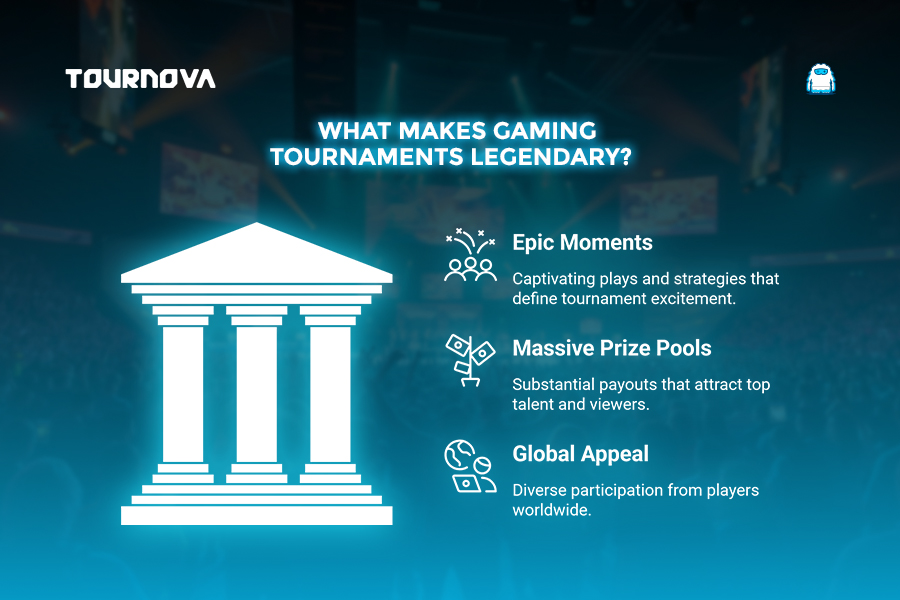
What was a true tipping point was platforms such as Twitch, YouTube Gaming, and esports sponsorships. Magically, the biggest gaming tournaments were no longer competitions, they were shows. Stadiums filled with fans; millions tuned in online.
What are the Biggest Game Tournaments?
When we discuss the greatest game tournaments, we are talking about the tournaments that have rewritten the text of esports. Massive prize pools, world-class viewership, and a sense of excitement that’s on par with any sporting trophy worth fighting for. So let’s go through them step by step.
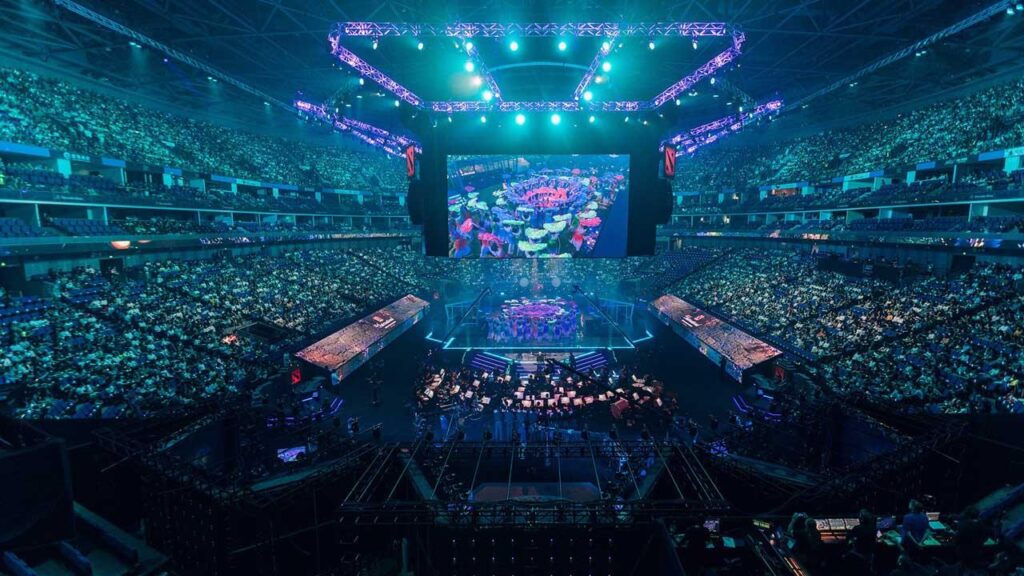
1. The International (Dota 2)
If you’re even remotely into esports, you’ve probably heard of The International. This Dota 2 championship is one of the richest tournaments in gaming history, with prize pools that make your jaw drop; seriously, we’re talking over $40 million at its peak! And the coolest part? Most of that money comes from the fans themselves.
Valve, the game’s developer, crowdfunds the prize pool by selling digital in-game items. It’s a win-win: players contribute to the pot while unlocking exclusive rewards, and The International becomes even bigger. Watching the tournament is like seeing a chess match set in a fantasy battleground; epic strategies, insane teamwork, and moments that make you shout at the screen.
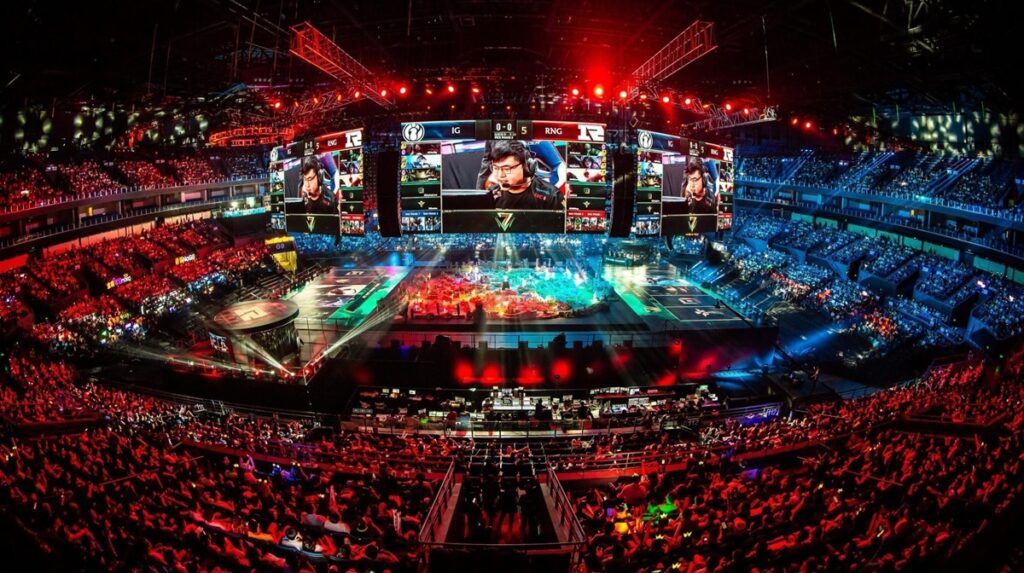
2. League of Legends World Championship (LoL Worlds)
Ready for some drama? The League of Legends World Championship, known as LoL Worlds, is one of the biggest game tournaments in history. Teams from across the globe go head-to-head for the coveted Summoner’s Cup, battling their way through nail-biting matches filled with twists and turns.
But what really sets LoL Worlds apart is its production value. If you haven’t seen one of their opening ceremonies, you’re in for a treat; holograms, live music performances, and jaw-dropping visuals that make it feel like you’re watching a blockbuster movie instead of a game. This is the tournament where legends are born, rivalries are reignited, and fans unite around the world in celebration of gaming’s biggest stage.
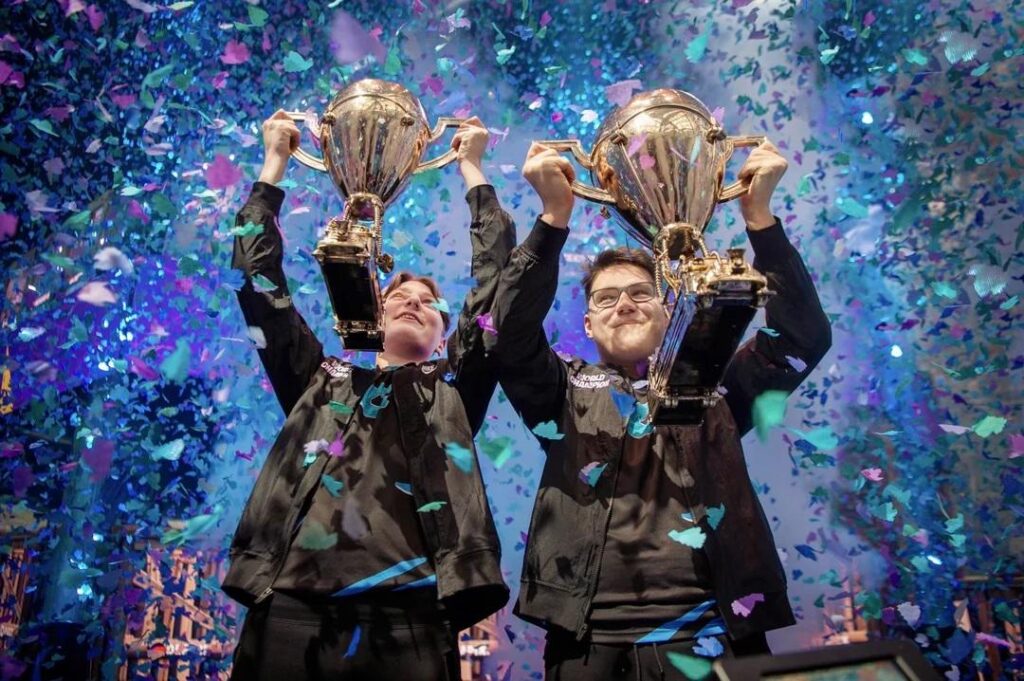
3. Fortnite World Cup
Do you remember the buzz around the Fortnite World Cup? When it launched in 2019, this tournament changed the game; pun fully intended. With a prize pool of $30 million and the accessibility for almost anyone to enter, it became an instant hit. The solo competition crowned 16-year-old Bugha as champion, and he walked away with $3 million in prize money. Talk about making gaming history.
The Fortnite World Cup is unique because it isn’t just about being part of a pro team; it’s open to anyone who’s good enough to qualify. That means if you’ve got skills, whether on console or PC, this could be your ticket to gaming stardom. Plus, it’s not just intense; it’s fun. And the colorful, chaotic gameplay of Fortnite makes one of the biggest game tournaments a joy for fans of all ages.

4. Counter-Strike 2 Majors
If heart-pounding, tactical gameplay is what you love, Counter-Strike 2 (CS2) Majors are the tournaments you can’t miss. It’s old-school esports at its finest; two teams facing off in a precision-driven shooter where every decision could be the difference between victory and defeat.
Why do CS2 Majors stand out among esports tournaments? It’s the action. Sure, the $1 million prize pools are impressive, but what keeps fans coming back are those last-second headshots, team rotations, and impossible clutches that literally have the crowd screaming. CS2 has been a staple in gaming competitions for decades, and with its passionate community, it’s showing no signs of slowing down.
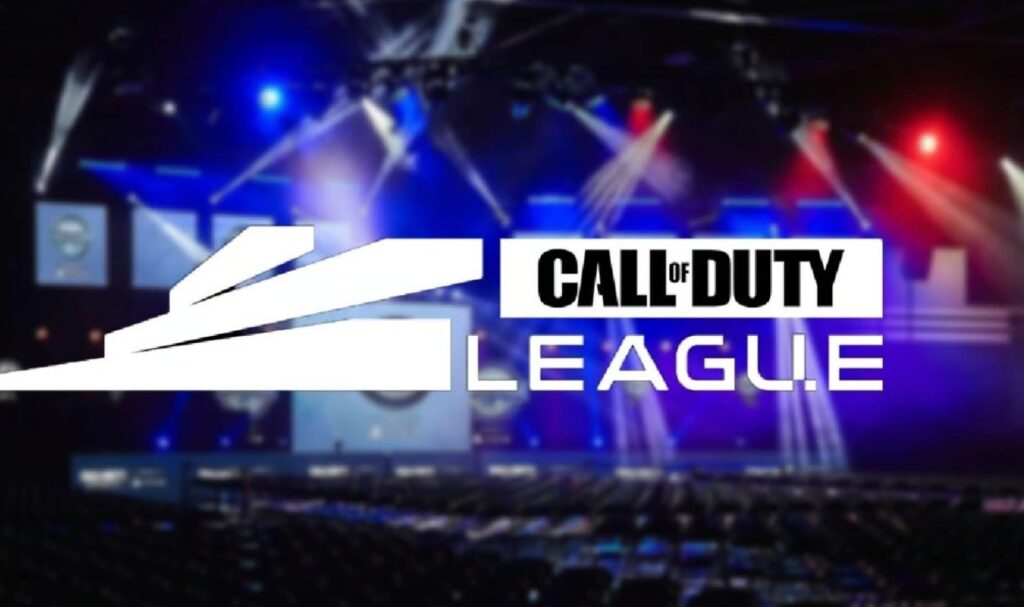
5. Call of Duty League (COD League)
Who says esports can’t take inspiration from traditional sports? The Call of Duty League (COD League) uses a franchise system, with teams representing cities around the globe. It’s kind of like rooting for your hometown in basketball or football, but instead, it’s your favorite players taking down enemy squads.
Matches in the COD League are fast, loud, and packed with team-based strategies. And even if you’re not a COD pro yourself, you’ll find plenty to love watching the world’s best players duke it out for glory.
6. Other Iconic Gaming Events
While the biggest game tournaments tend to dominate headlines, there are plenty of other incredible competitions worth checking out.
- The PUBG Global Championship takes battle royale gameplay to new heights, showcasing survivalist tactics and high-stakes action.
- EVO (Evolution Championship Series) is the Super Bowl of fighting games, featuring hype-filled matches from Street Fighter, Tekken, and more.
These tournaments prove one thing: there’s no shortage of diversity in gaming competitions. Whether you’re into shooters, strategy games, or one-on-one fighting matches, there’s an event for you.
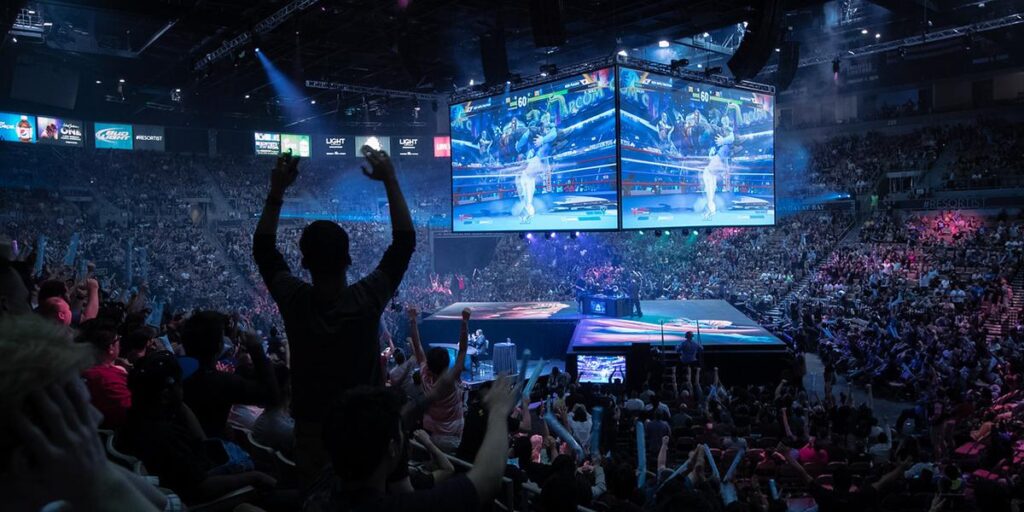
Why These Tournaments Matter
Sure, the prize pools are impressive; tens of millions of dollars can’t be ignored. But the real magic of these events lies in their ability to bring people together. These tournaments unite players, fans, and communities in ways that feel powerful and personal.
Watching your favorite team win or seeing an underdog climb to the top reminds us why we love games in the first place. They’re about connection. They’re about showing off our creativity and skill. And sometimes, they’re just about having fun with thousands of strangers who share the same passion.

The Future of Game Tournaments
We’re excited for what’s coming next. Could virtual reality tournaments be the next evolution, immersing players and fans alike? Will prize pools hit $100 million one day? The possibilities are endless. With gaming continuing to grow, both technologically and culturally, the biggest game tournaments will only get bigger and better.
One thing’s for sure: esports isn’t just a hobby anymore; it’s a global phenomenon that’s here to stay.
Tournova: Redefining Accessibility in Competitive Gaming
Echoing the grandeur of global tournaments like The International and LoL Worlds, Tournova brings the excitement of competitive gaming to a broader audience by focusing on accessibility and user empowerment. Leveraging platforms like Telegram and Discord, Tournova simplifies tournament management with automated bracket creation, player matching, and prize distribution. Its inclusion of both casual and professional players reflects the ethos of tournaments like the Fortnite World Cup, where players of all levels are welcomed with open qualifiers, making the platform an ideal destination for diverse gaming communities.
What sets Tournova apart is its token-based economy, reminiscent of how major tournaments innovate to engage audiences. Players and organizers earn tokens by participating in competitions, completing challenges, or achieving high rankings. These tokens can be leveraged for exclusive tournaments, digital goods, and auctions, adding a rewarding layer to the competitive experience. By blending innovation, simplicity, and inclusivity, Tournova ensures that anyone, whether an aspiring competitor or an event organizer, can thrive in the dynamic world of esports.
Finishing Thoughts
Biggest game tournaments are so much more than just competitions; they’re celebrations of skill, storytelling, and community. Whether you’re watching from home or dreaming of stepping onto the big stage, these events remind us why gaming is such an incredible force. So, grab your favorite snack, tune in to the streams, and let yourself get immersed in the thrill of esports. The world of gaming is waiting for you!
Check out all you need to know about game tournaments via Tournova.
FAQ
1. Can I participate in these tournaments without being a professional?
Absolutely! Some tournaments, like the Fortnite World Cup, allow amateur players to qualify alongside pros by entering open competitions.
2. Are gaming tournaments limited to certain regions?
Not at all! Most major tournaments, like The International and LoL Worlds, are global events that welcome players from any country.
3. How can fans stay updated on the biggest gaming tournaments?
Checking social media pages, official esports websites, and following streaming platforms like Twitch or YouTube Gaming are great ways to stay informed.
4. Do smaller tournaments matter as much as the bigger ones?
Definitely! Smaller tournaments often serve as stepping stones for players looking to break into the professional gaming scene, and they’re just as fun to watch.

